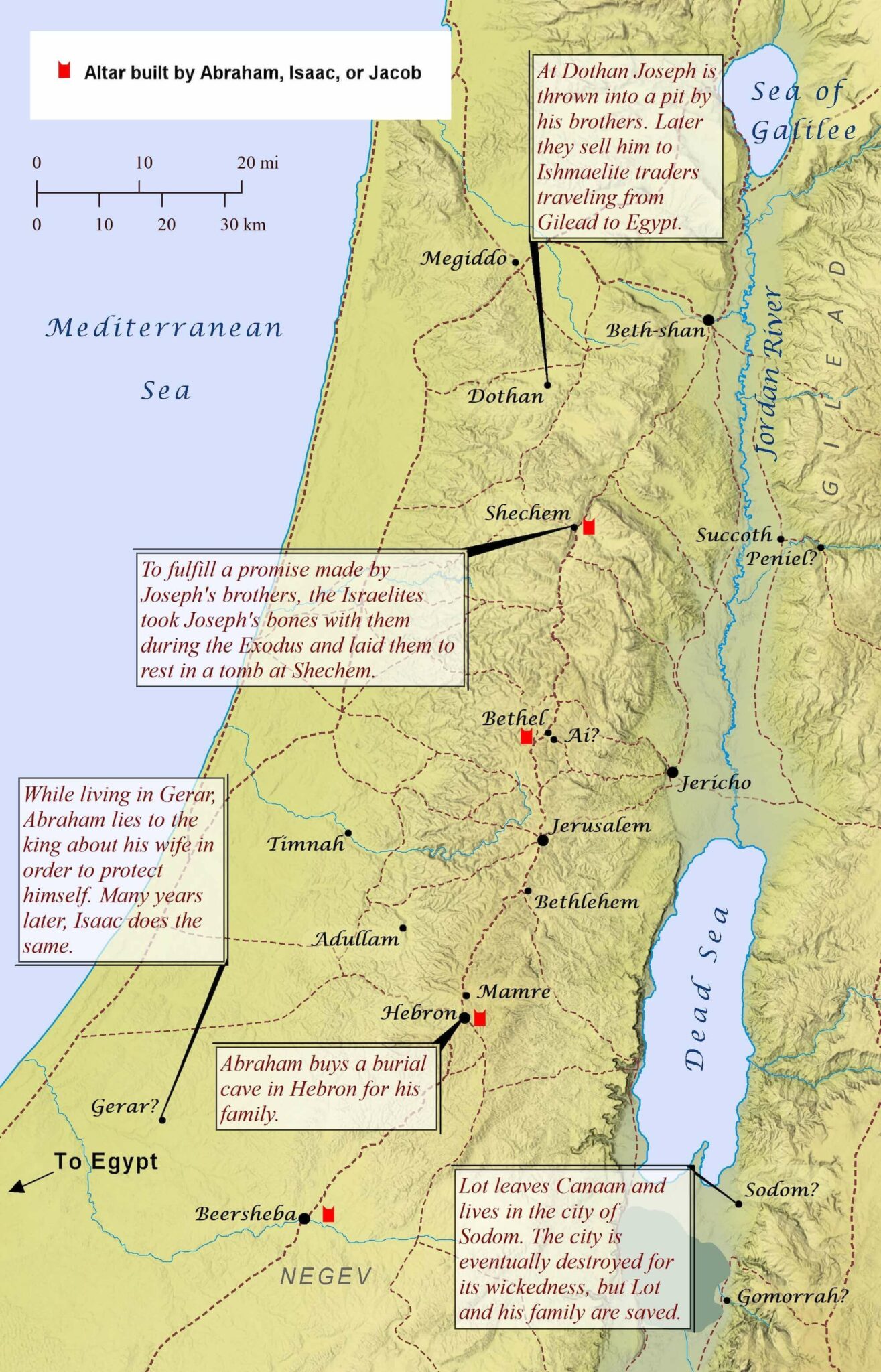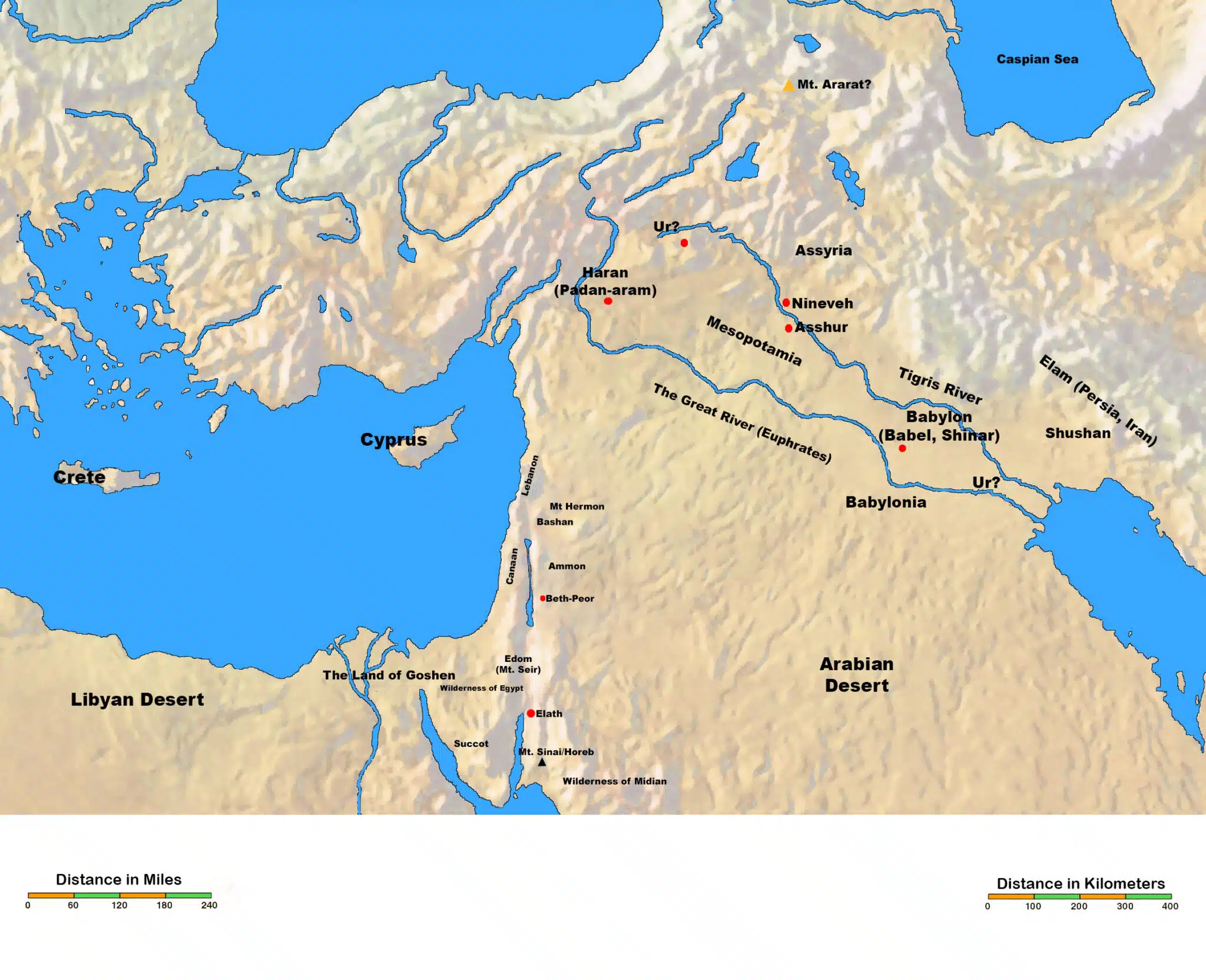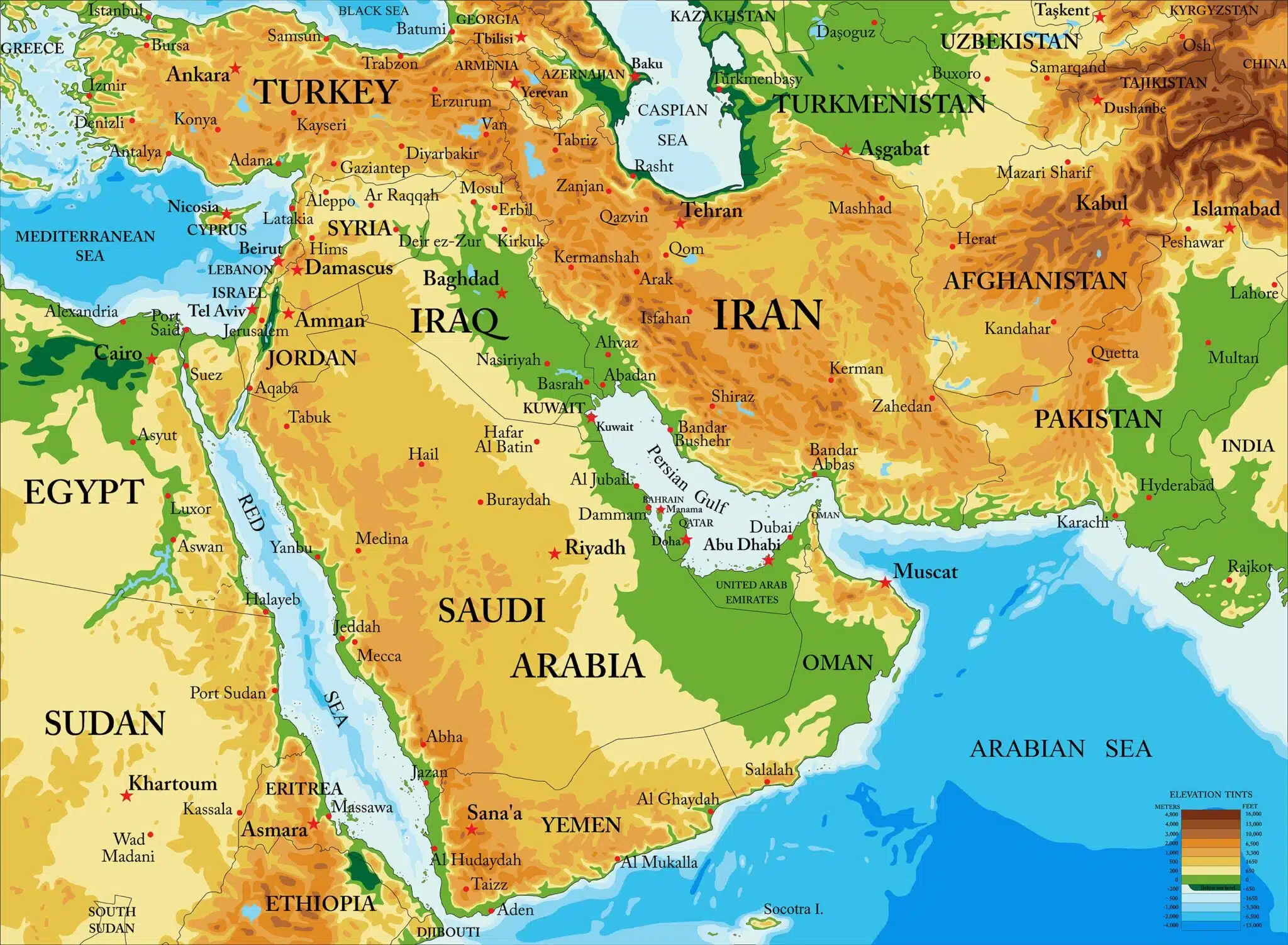Conflicts break out between Lot and Abram’s herdsmen. The Canaanites and Perizzites lived in the land too.
Lot…also had flocks and herds and tents. Wealth of the day was measured largely by the number of animals one owned. Like Abram, Lot also had accumulated much wealth.
The land could not sustain them, the blessing of God creates a challenge for Abram and Lot. Livestock made up the greater part of their possessions, and the land around Bethel and Ai did not have enough water and pasture for such large flocks and herds (Genesis 13:10, 26:17-22,32; 36:7).
There was strife between the herdsmen of Abram’s livestock and the herdsmen of Lot’s livestock; the herdsmen quarreled over pasture land for their flocks due to inadequate space. The existing population also made demand on the good pastureland, as the Canaanite and the Perizzite were dwelling then in the land. Disputes over water and grazing rights were common for the patriarchs, so they developed migratory nomadic lifestyles. Similar challenges faced Isaac and the Philistines (Genesis 26:12-22), Jacob and his uncle Laban (Genesis 30:43), and Jacob and Esau (Genesis 36:6-7).
Abram’s grandson Jacob (renamed Israel) will return to Egypt due to a famine, as his grandfather Abram did. They will exit Egypt a great nation. This episode between Abram and Lot points out the difficulty of Abram’s family becoming a great nation if they had remained in Canaan grazing livestock. Their company likely numbers in the hundreds at this point, but they still suffer a lack of space for their livestock. God used a negative situation in Egypt to create something very positive. In Egypt the Hebrews lived in close proximity, which was allowed by the fertile river culture. This allowed them to become a great and populous nation, as God promised to Abram (Genesis 12:2; 13:16; 15:5).
Biblical Text
5 Now Lot, who went with Abram, also had flocks and herds and tents. 6 And the land could not sustain them while dwelling together, for their possessions were so great that they were not able to remain together. 7 And there was strife between the herdsmen of Abram’s livestock and the herdsmen of Lot’s livestock. Now the Canaanite and the Perizzite were dwelling then in the land.
Check out our other commentaries:
-
Matthew 12:1-8 meaning
Matthew narrates the first of four confrontations between Jesus and the Pharisees. Who is in charge of the Sabbath: Jesus or the Pharisees?...... -
Ephesians 1:7-14 meaning
Through Christ’s sacrifice, we are forgiven of our sins and redeemed. Once we believe in Jesus, we are sealed by the Holy Spirit who comes...... -
1 Thessalonians 5:23-27 meaning
Paul emphasizes one last time the goal of living a God-honoring life apart from the world, so that our body and soul will be blameless...... -
Philippians 3:17-21 meaning
Paul tells the Philippians to imitate him, not other believers who are living contrary to Christ by serving their own immediate desires. They live lives...... -
Joel 1:1 meaning
The prophet Joel receives a revelation from God for the people of Judah.......





